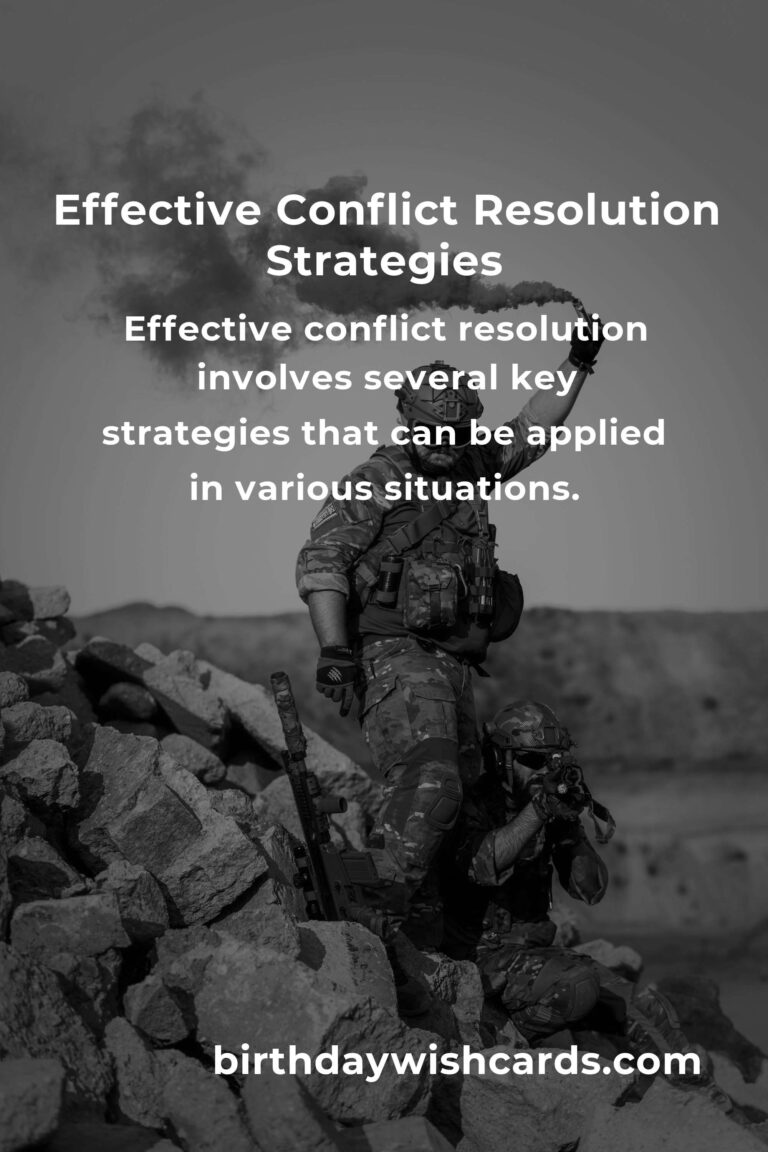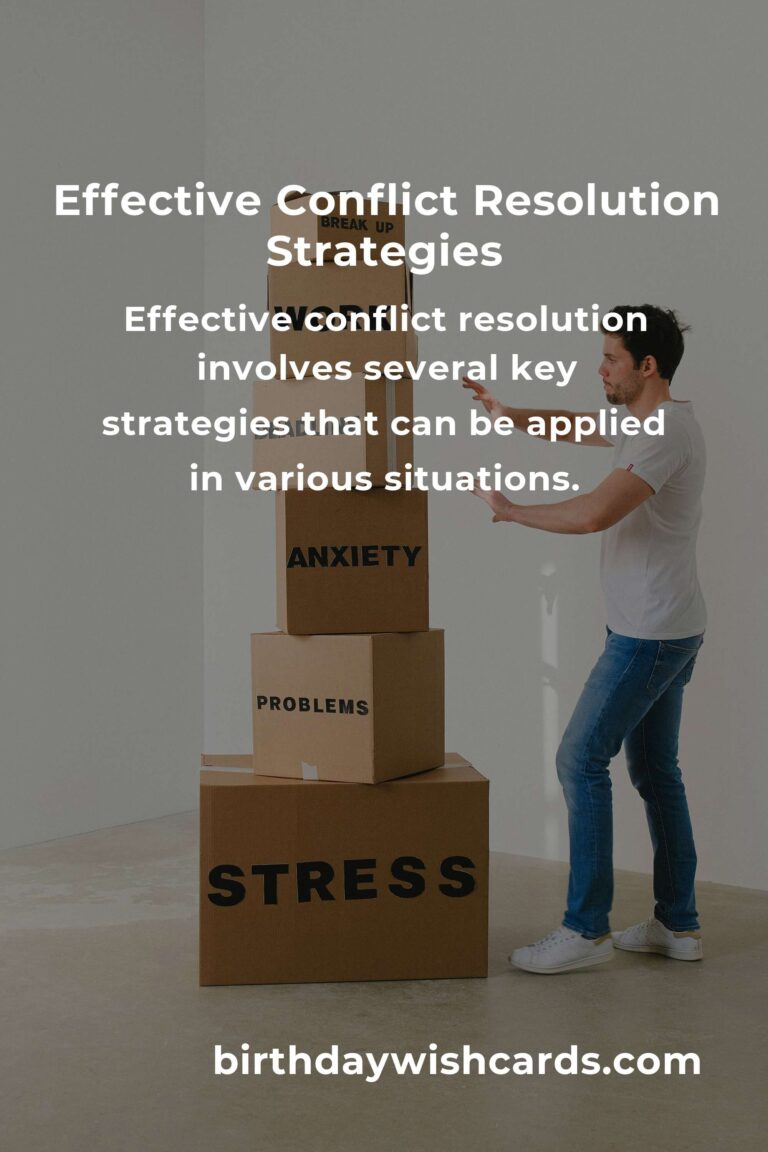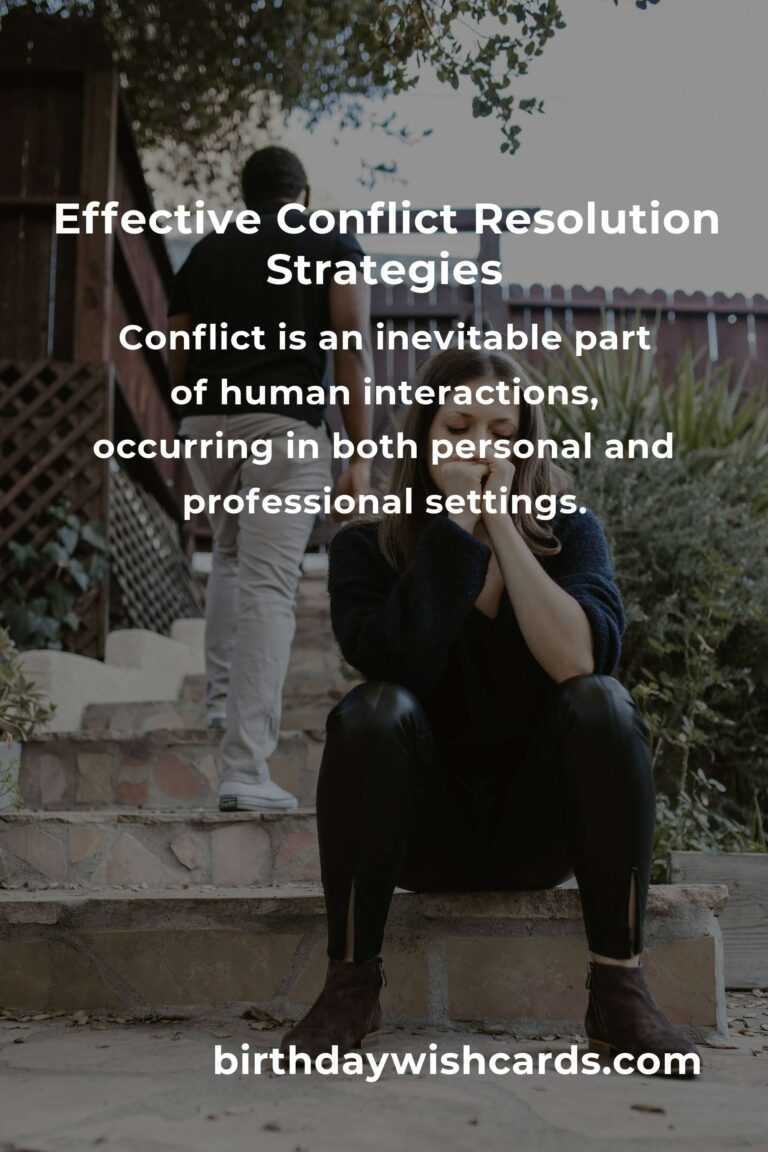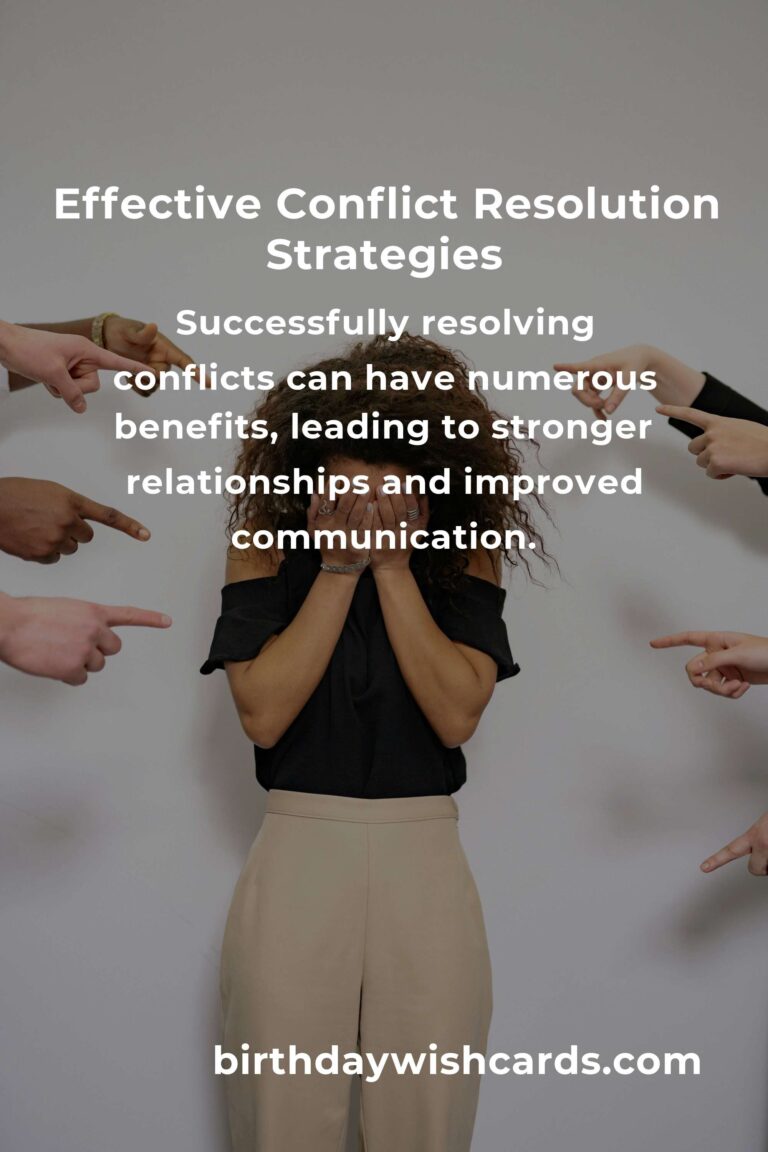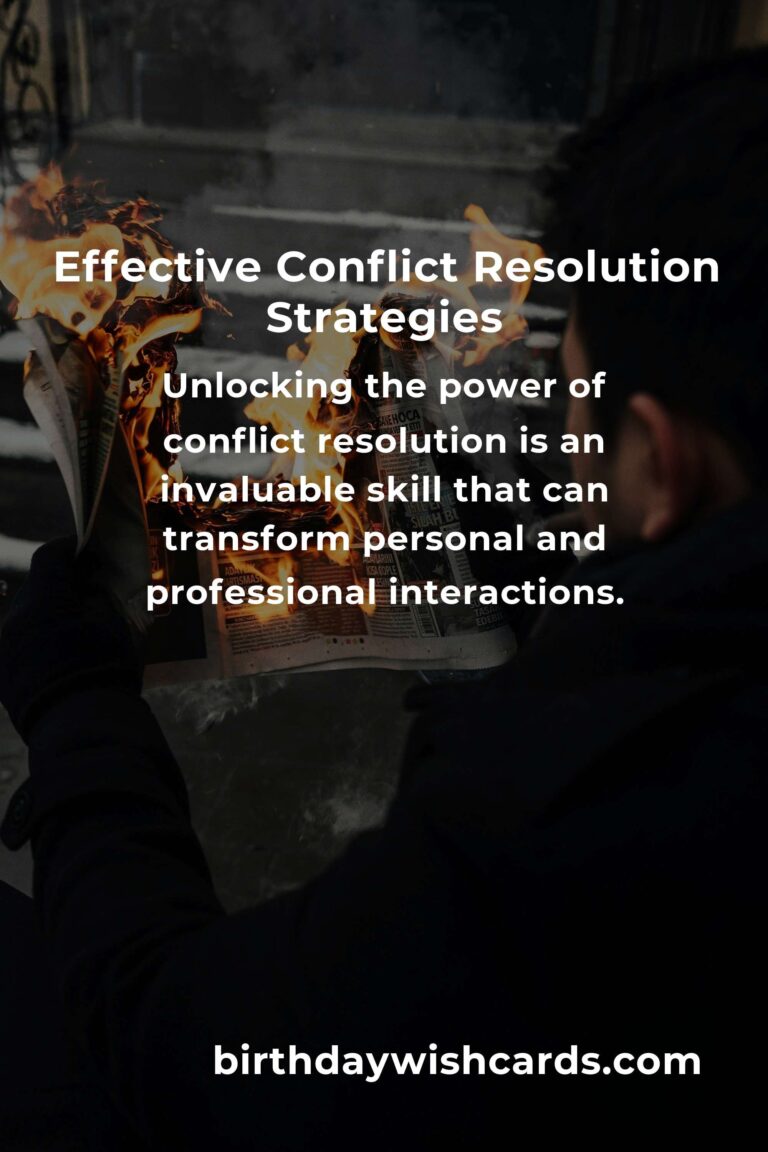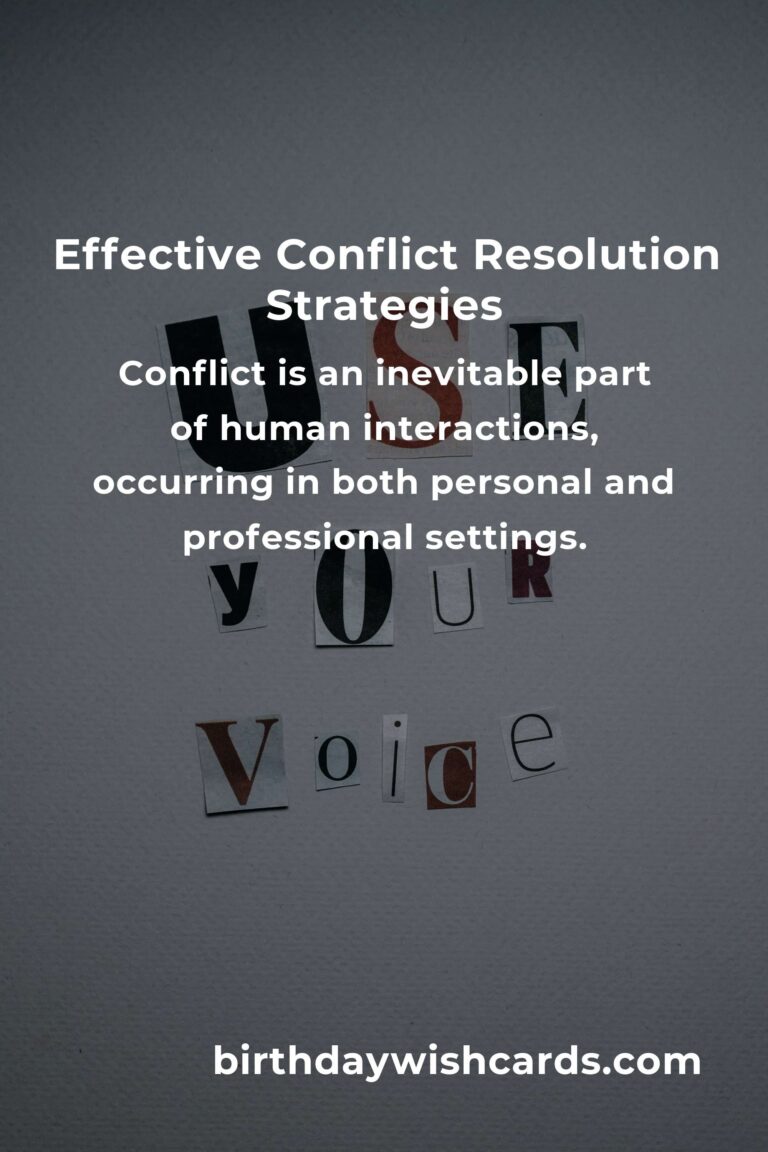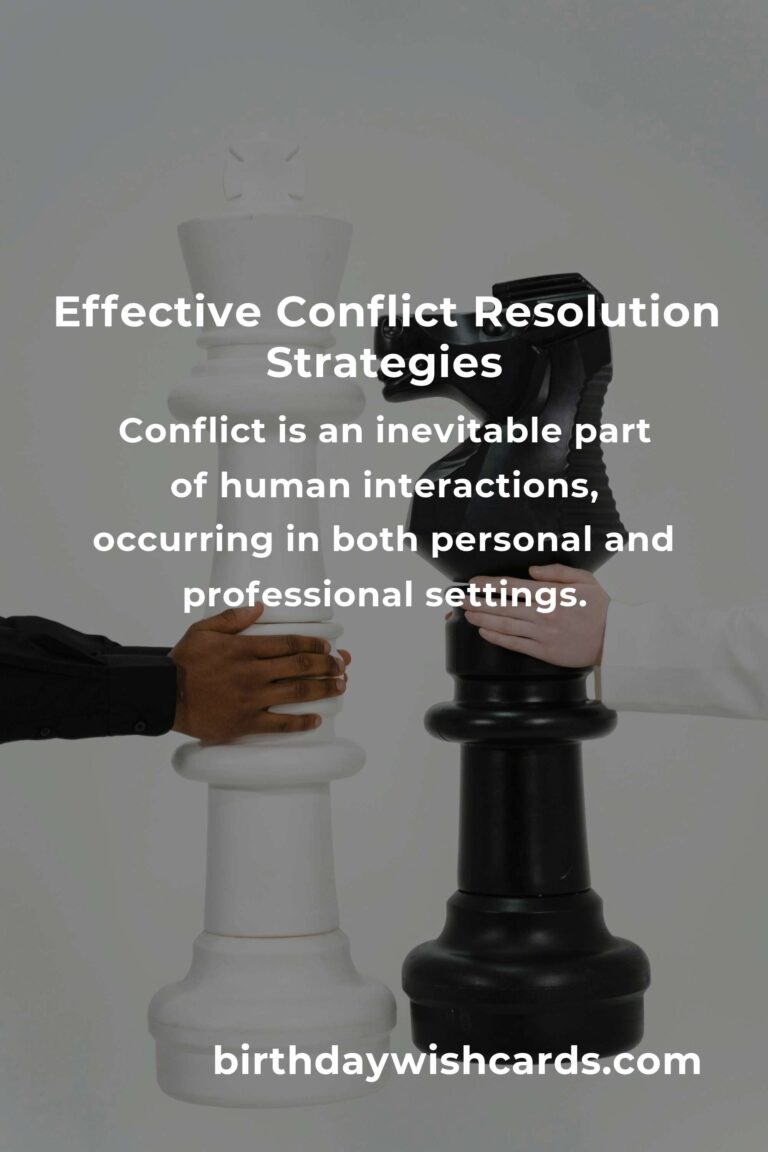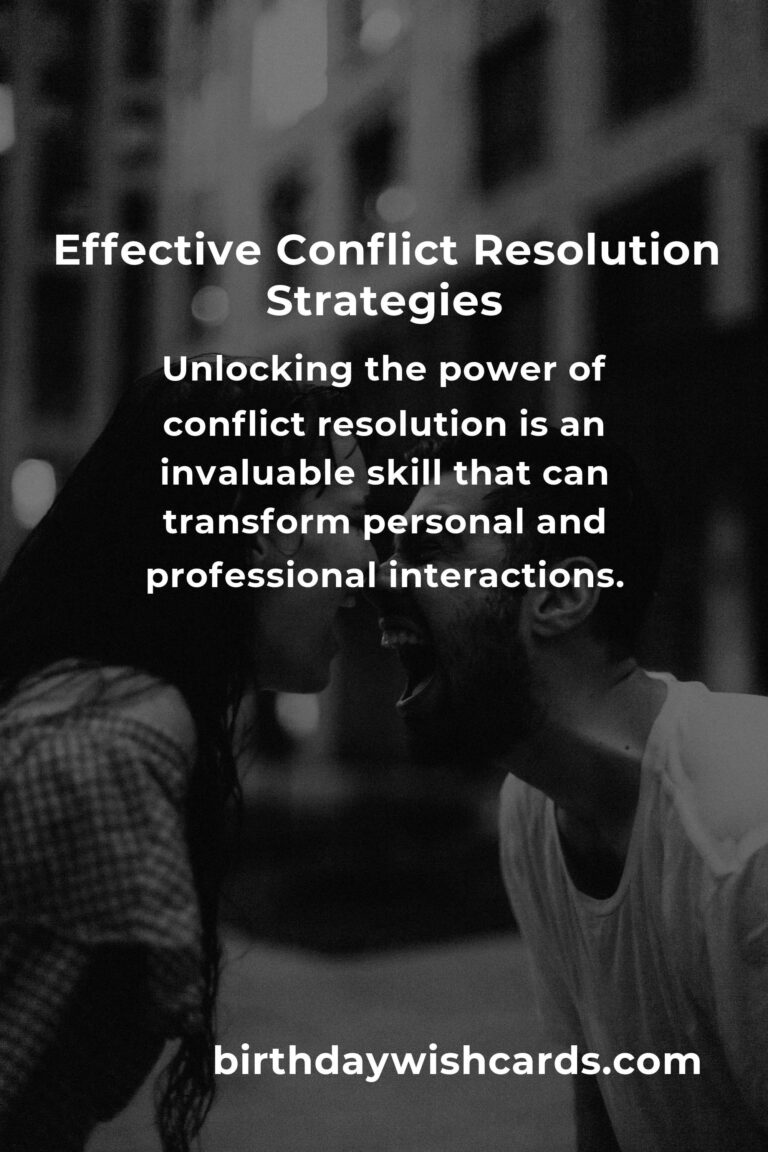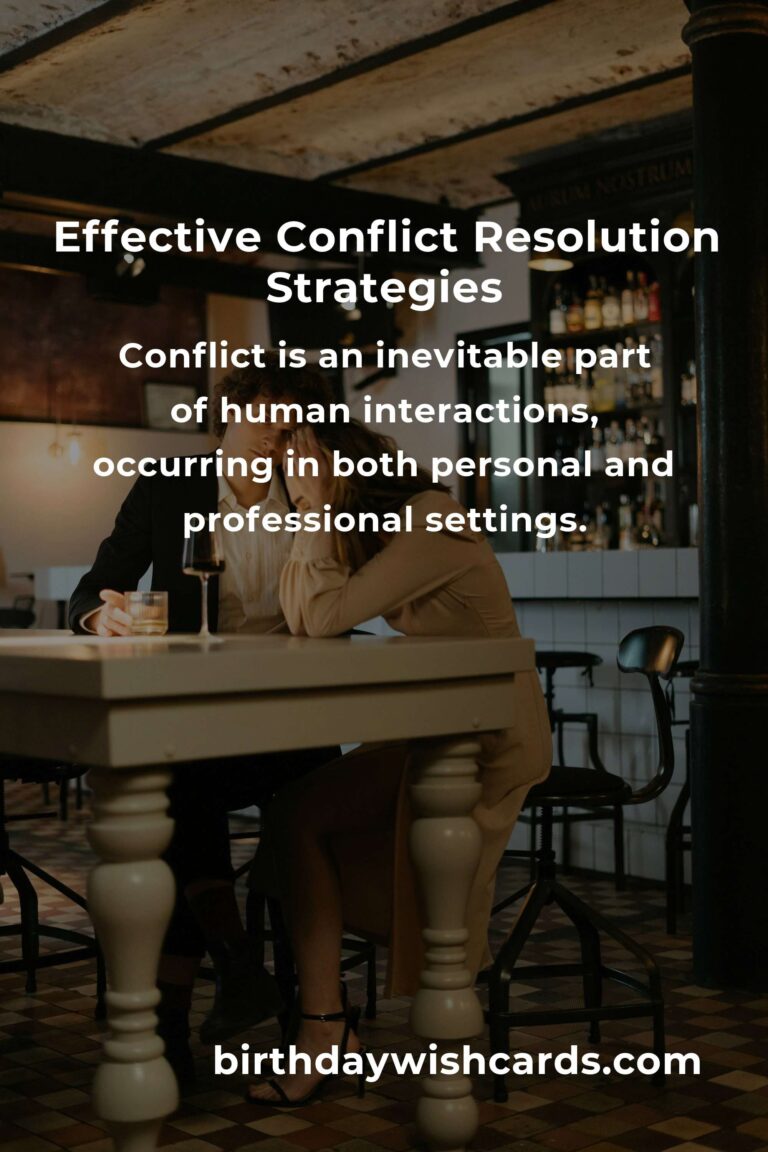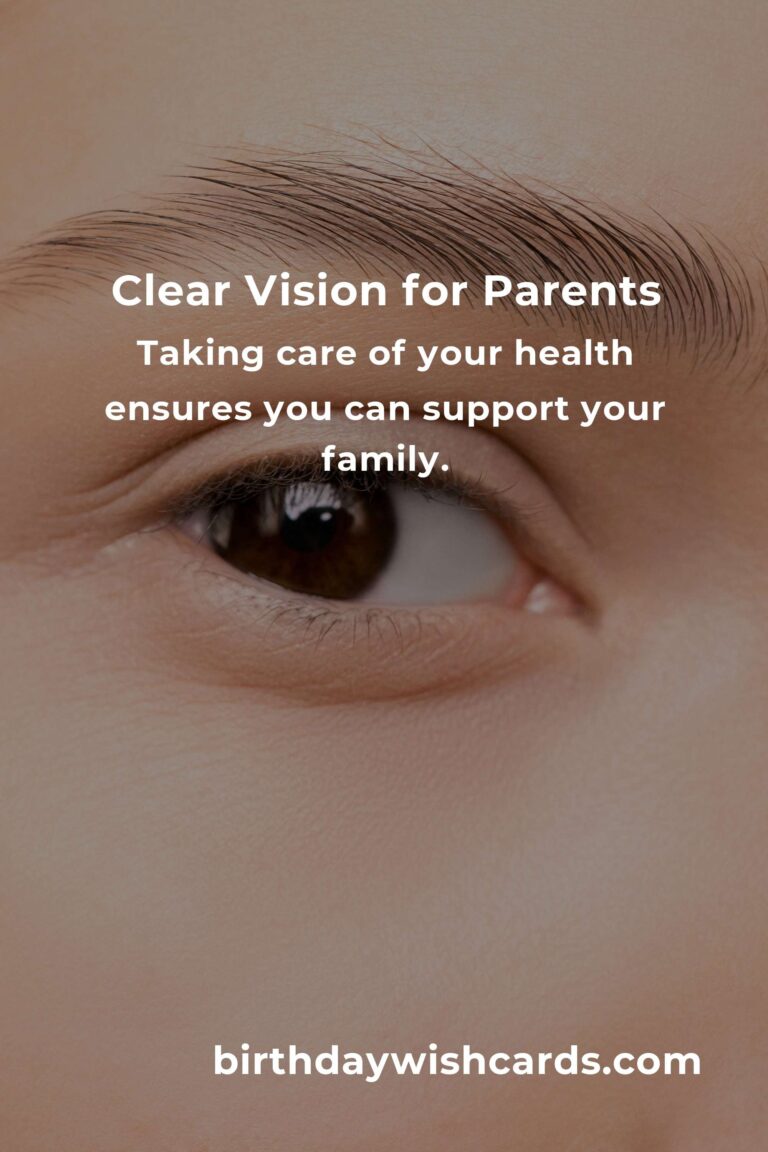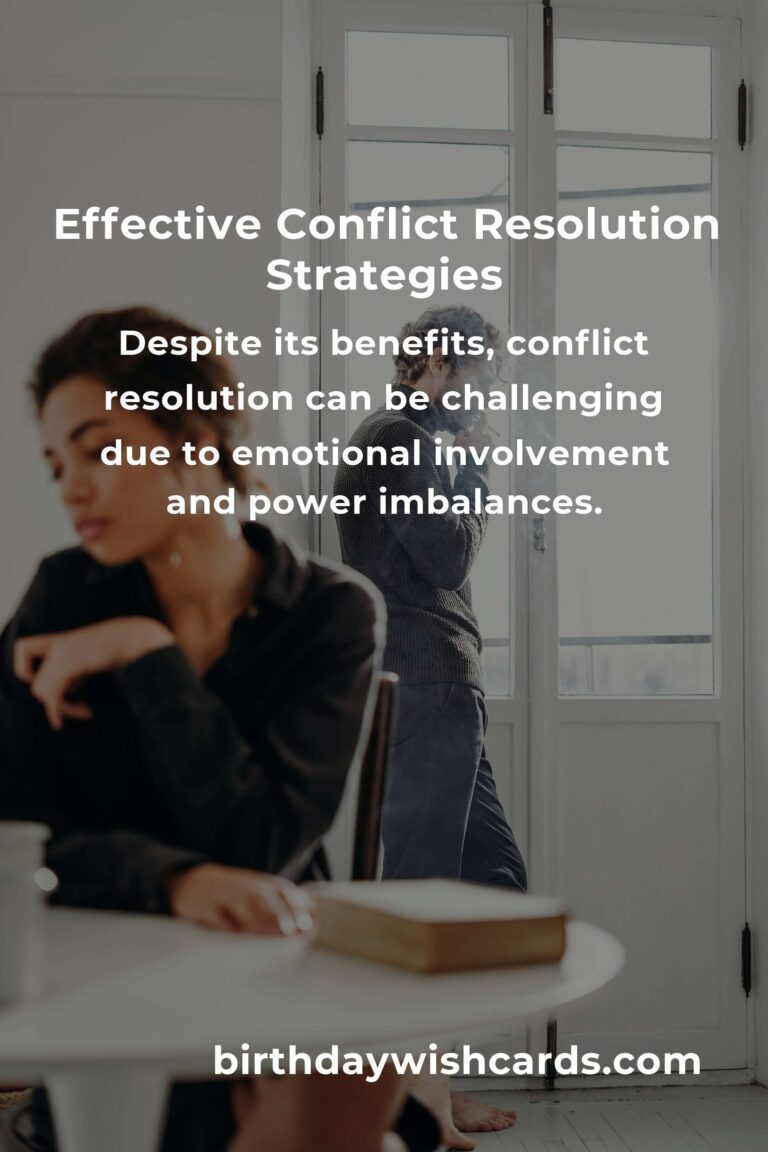
Conflict is an inevitable part of human interactions, occurring in both personal and professional settings. However, having the ability to effectively resolve conflicts can transform potentially destructive situations into opportunities for growth and understanding. In this article, we will explore the power of conflict resolution and how it can be harnessed to improve relationships and achieve positive outcomes.
The Nature of Conflict
To unlock the power of conflict resolution, it is essential to first understand the nature of conflict. Conflict arises from differences in opinions, values, needs, or interests between individuals or groups. These differences can lead to misunderstandings, tension, and hostility if not managed properly.
Conflicts can be categorized into different types, such as interpersonal, intrapersonal, organizational, and intergroup conflicts. Each type requires a unique approach to resolution. Recognizing the type of conflict is the first step in addressing it effectively.
Strategies for Effective Conflict Resolution
Effective conflict resolution involves several key strategies that can be applied in various situations. These strategies include:
1. Active Listening
Active listening is crucial in conflict resolution. It involves fully concentrating, understanding, and responding to what is being said. This helps in validating the other person’s perspective and can lead to a mutual understanding.
2. Empathy
Empathy involves putting oneself in the other person’s shoes and understanding their feelings and perspectives. Showing empathy can deescalate tensions and pave the way for a constructive dialogue.
3. Assertive Communication
Assertive communication is about expressing oneself openly and honestly while respecting the other person. It involves stating one’s needs and concerns clearly without aggression or passivity.
4. Problem-Solving
Problem-solving in conflict resolution involves identifying the underlying issues and collaboratively finding solutions that satisfy all parties involved. This approach fosters a sense of ownership and commitment to the resolution.
5. Mediation
Mediation involves a neutral third party facilitating the resolution process. This can be particularly useful in complex or highly emotional conflicts where direct negotiation is challenging.
The Benefits of Conflict Resolution
Successfully resolving conflicts can have numerous benefits. It can lead to stronger relationships, increased understanding, improved communication, and enhanced collaboration. In the workplace, effective conflict resolution can result in higher productivity, employee satisfaction, and a positive organizational culture.
In personal life, resolving conflicts constructively can lead to healthier relationships, reduced stress, and greater emotional well-being. It also sets a positive example for others and contributes to a more harmonious environment.
Challenges in Conflict Resolution
Despite its benefits, conflict resolution can be challenging. Emotional involvement, power imbalances, and deeply entrenched beliefs can hinder the resolution process. Overcoming these challenges requires patience, commitment, and sometimes external support.
Conclusion
Unlocking the power of conflict resolution is an invaluable skill that can transform personal and professional interactions. By understanding the nature of conflict and applying effective strategies, individuals can turn conflicts into opportunities for growth and positive change. Whether at home, at work, or in the community, mastering conflict resolution can lead to more fulfilling and productive relationships.
By investing time and effort into developing conflict resolution skills, individuals can foster environments where collaboration and mutual respect thrive. As we navigate the complexities of human interactions, embracing conflict resolution as a tool for positive change can lead to a more peaceful and prosperous coexistence.
Conflict is an inevitable part of human interactions, occurring in both personal and professional settings. Effective conflict resolution involves several key strategies that can be applied in various situations. Successfully resolving conflicts can have numerous benefits, leading to stronger relationships and improved communication. Despite its benefits, conflict resolution can be challenging due to emotional involvement and power imbalances. Unlocking the power of conflict resolution is an invaluable skill that can transform personal and professional interactions.
#ConflictResolution #PersonalGrowth #ProfessionalDevelopment #EffectiveCommunication #Empathy


